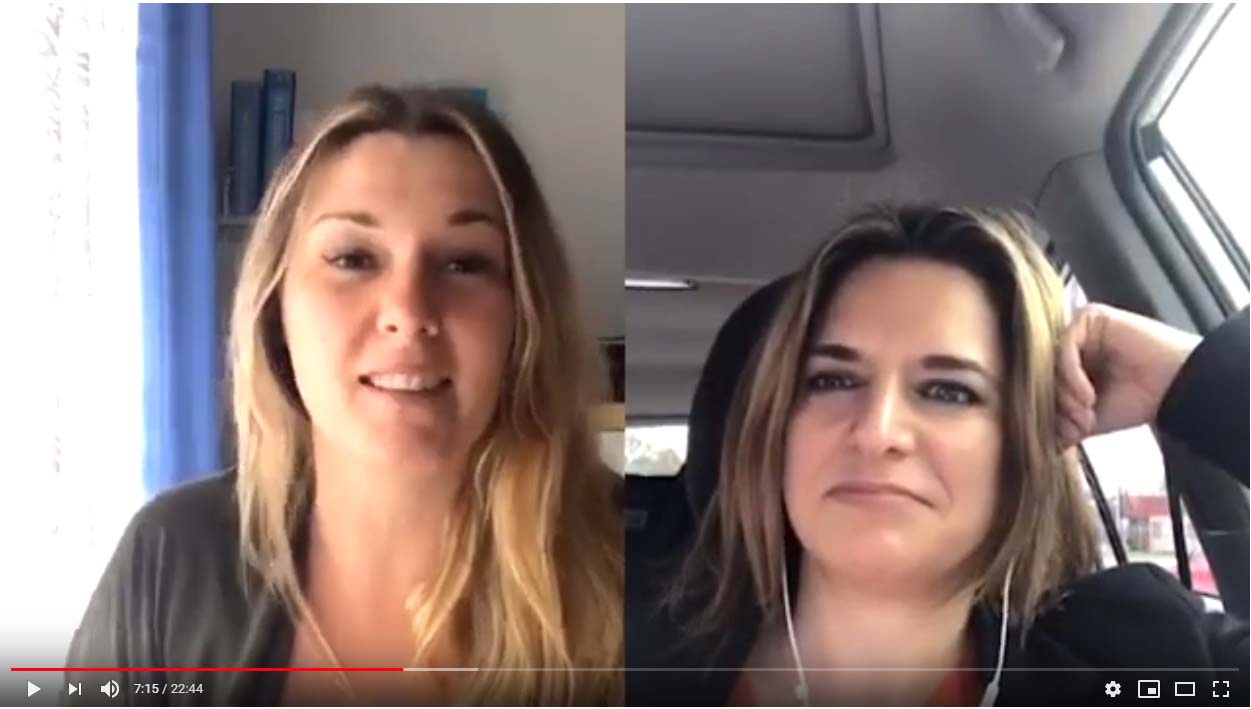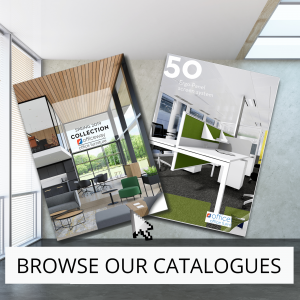SORTED! Carlie Maree on how to get more productive (scroll down for video and podcast)
Carlie is a business coach and trainer. She believes you can and should be successful doing what you actually love doing. She’s a coach and she runs lots of courses. She runs the Soulbiz Sisterhood, which is a business support group which is constantly running different trainings.
She also does the “Sorted” course, which is a productivity course, which is updated 4 times a year, so you get to re-calibrate, focus and improve 4 times a year.
What do you define as good time management?
Good time management is when you don’t have to think about it. It becomes part of your personality. It’s tweaking and developing habits that become a part of your personality. For example, using a planner is now part of my personality. It’s part of my personality that when I’m overwhelmed, I take action instead of sitting in my overwhelm.
Some people focus on time management, when it’s really head space management, energy management, productivity, momentum. There are other things we could be putting our attention (rather than only time management).
That’s a key factor with you. It seems to be more than time management as such. It’s to do with headspace, momentum and the way you think about things. Is that what you’re saying?
Yes. People focus on motivation, like it’s this thing that’s separate from ourselves. Motivation is the byproduct of making some other changes and taking some action. Focusing on momentum has been a big mindset shift. We can create momentum really easily. People sometimes get paralysed with a lack of clarity. A lack of energy. And a lack of head space. It’s like you’ve got too many tabs open, where you feel like you don’t even have the time to think about planning and getting more head space. It becomes a cycle. So you need to interrupt the pattern and ask “What CAN I do?”, rather the focusing on what you can’t do and getting in a real negative cloud. There are things you can do to shake some of that off and get some momentum.
The momentum creates the motivation. It’s make a decision. Start. And when you see the action, you’ll get momentum from that buzz that you get ‘Oh my God, I’m doing it!’. Then the motivation appears, because you’ve had success.
In the Sorted course, you started with ‘pre-work’. Stuff to do before you start planning out your time. Do you want to tell us a bit about why that’s your strategy?
The pre work in the Sorted course is around identities. We often wear our ‘busy-ness’ like a badge of honour. ‘Busy’ becomes a part of our personality. Our identity. It’s great to be a person who wants to take action. I’m an energetic person, but I don’t wear ‘busy’ like a badge of honour anymore. I’m not using ‘busy’ to validate my existence.
So the process is of shedding parts of your identity that are holding you back.
Sometimes we tell ourselves these stories, ‘I’m not good at that. I’m not competent’. We tell ourselves these stories that become part of our personalities, ‘I’m not good at technical stuff or business stuff or social media etc’. If you believe you’re not good at social media, you’re not going to show up on social media. So let’s ditch the stories and reframe it to, ‘I’m someone who is getting better at social media’ or ‘I’m someone who is becoming more productive’. You get to decide what’s a part of your identity. You get to choose that and change that at any time.
That’s something that may surprise people who are used to a more traditional form of ‘time management’. This is a wider approach than ‘this is how many hours you have in the day, this is how to divide it up.’ It encompasses things that you do subconsciously and making you aware of them, things you didn’t even realise you were doing, that are limiting you. If you don’t address them, you’re not going to stick to whatever plan you write down.
If you don’t become aware of the blocks that exist, you’re going to waste your time writing things in your diary and sabotaging yourself.
Yes. So for example, some people might say, ‘I’d really like to take my business to the next level, but I don’t have the time’ So then you need to ask, if you did have the time, what is underlying that is freaking you out about going next level? Because if you’re subconsciously a bit scared about going to the next level and what that might mean, that might mean being known, being seen, being busy, getting taken away from your family, all these things that we don’t even realise are going on in our minds, then you’re going to continue to be busy and come up with all the reasons of why you don’t have time to go next level in your business.
That’s why I say, I’ll give you all the time management strategies. But you will not use them sustainably if it doesn’t feel good for you on a soul level.
If you are not ‘whole body’ dedicated to moving forward in that direction, you won’t get there. That’s why I say, ‘Decide, do, dedication’. You’ve got to decide first. You have to get clear on the vision. What do you want your life to look like, feel like, be like? That’s why we do work around Values and Vision work. It’s so you can be clear on want you want so you can take steps every day to get you there.
Another thing you do, which I’ll share, is the journalling thing. That’s one of your strategies with this is to ask yourself some questions and get your pen and paper or get on your computer and see what comes out. It might sound airy fairy for people who haven’t done it, but you surprise yourself when you realise what’s been going on in your mind, so that you can fix that first.
Some people may be tuning in and thinking, ‘That’s all great’, but they may want some more traditional time management steps. Do you have some tips to share?
I’m quite structured and methodical. I love a system. I created my own planner. You don’t have to use my planner. But I use a planner that is a day to an opening. Often we are in our heads, thinking, thinking, thinking. We are easily distracted. We start thinking about tomorrow or next week. We’re not in the present moment. So the thing in front of us that should take 5 minutes, takes us 5 hours because we’re not focused. So one of the ways I stay laser focused is to use a diary that is a day to an opening, so I can only see today. So I open up the planner in the morning and I say, ‘What’s on today?’.
But I also sit down at the start of the week. I have a Sunday night planning sesh.
I do monthly planning, weekly planning and daily planning. At the start of the month I put in all my regular things. Trainings etc. Each week on a Sunday I look at the week ahead. I check in with people. Confirm appointments. Find out if I need to organise baby sitters etc.
So if you want a tangible tip, having a day to an opening is a good one. If you have a lot on, you don’t want to see it all. It’s overwhelming. You want to keep yourself out of overwhelm.
The other thing you do differently is not plan by the year. Can you tell us about that?
12 Months from now, I don’t know where things will be at. I’ve always been a big, big planner. But I plan seasonally. So the 1st December I will sit down and look at the 9 areas of my life that I care about and decide what I want to feel. What do I want to achieve? And I create projects and missions for each one.
So a project is something with a start and finish date.
Missions are something like, ‘I want to make this a part of my personality. I want to do it daily.’ So mission might be like, ‘I’m on a mission to have a green smoothie everyday for a month.’ So then you’ll probably find you get up and make a green smoothie everyday, but if one day you don’t, it’s not the end of the world.
I do my goal setting at the first of every season, then I create projects and missions in each of the areas of my life that I’m going to do for that season. Then 3 months later, I can look back and see where I’ve come and say, ‘Yay! Right, now new goals!’. It keeps me energised.
Interview conducted by Olivia de Sousa for SEMBA South East Melbourne Business Associates
SEMBA is sponsored by Officeway. They offer exceptional service and value on office furniture. www.officeway.com.au
You can find out more about Carlie here: https://www.carliemaree.com/



